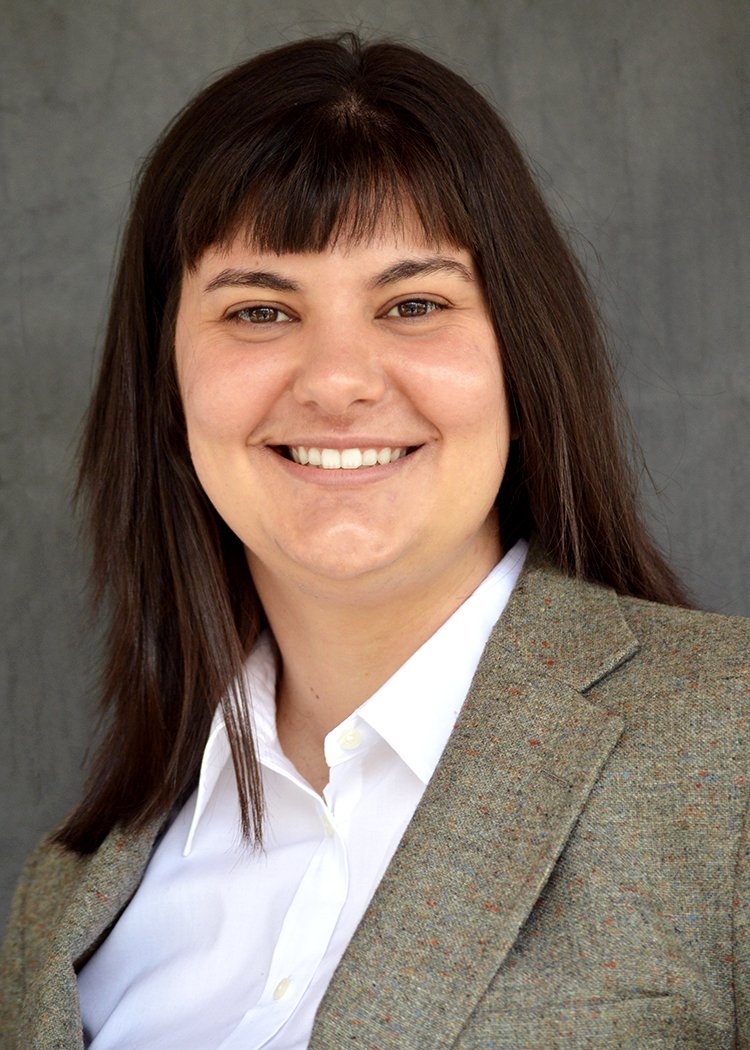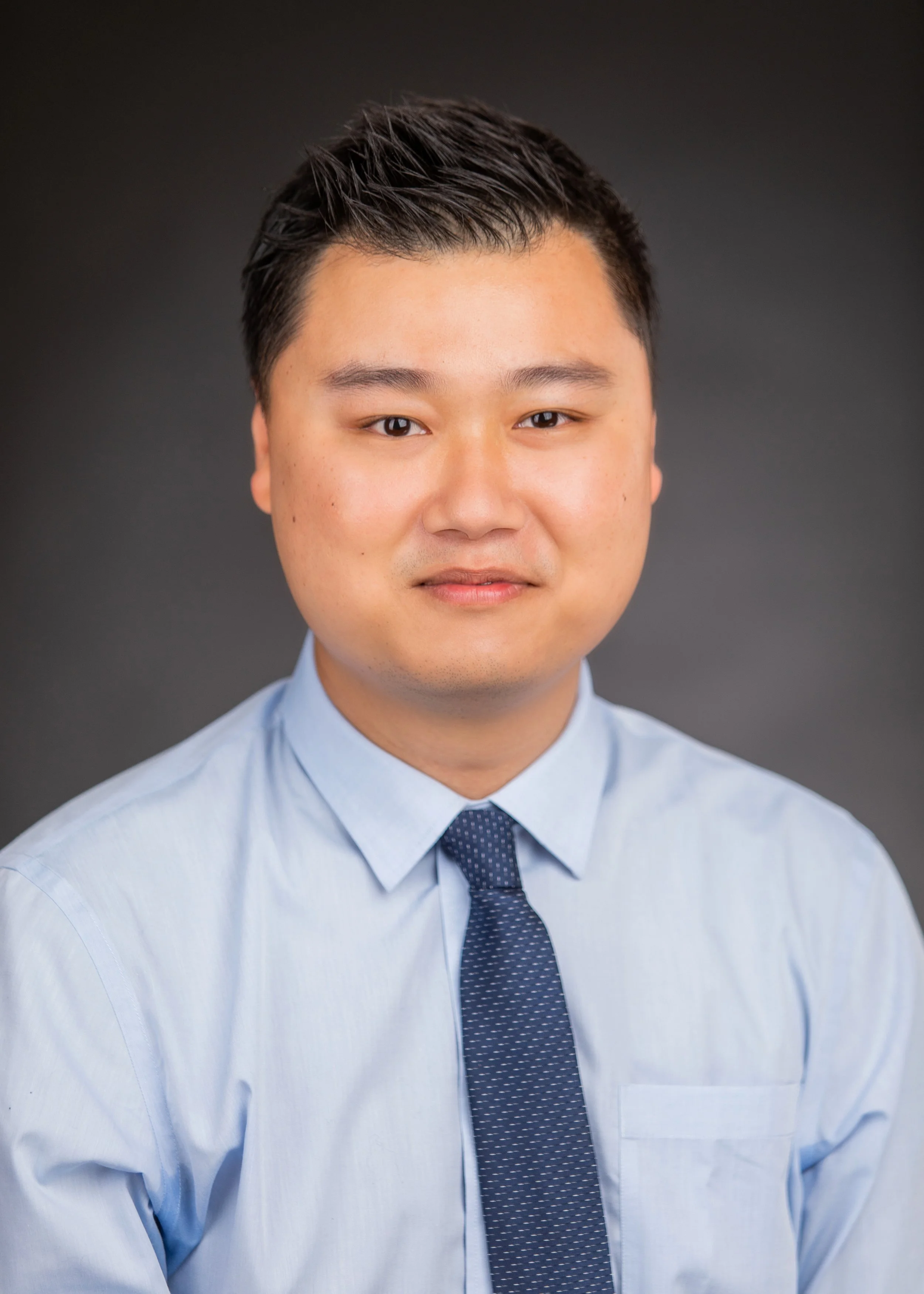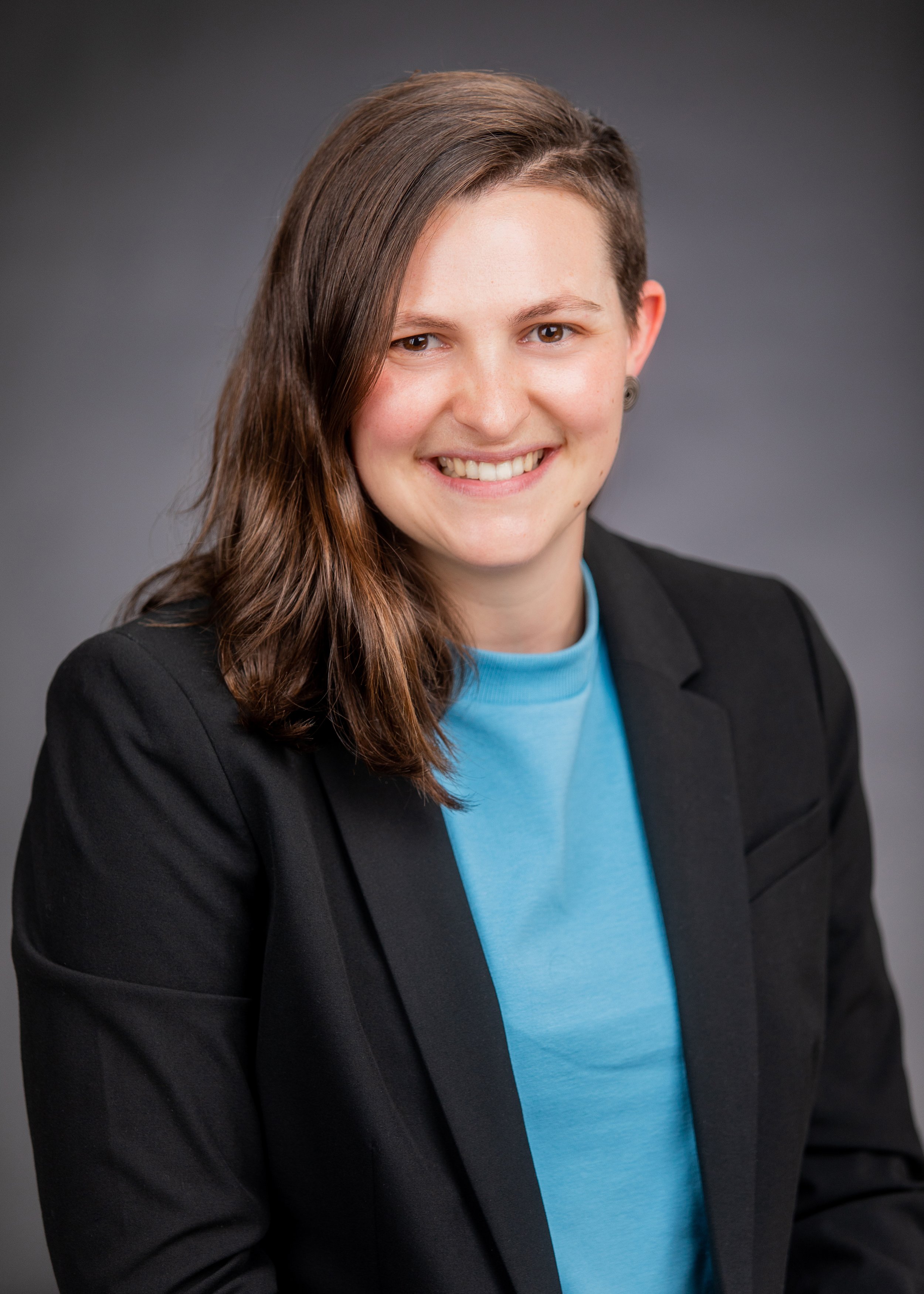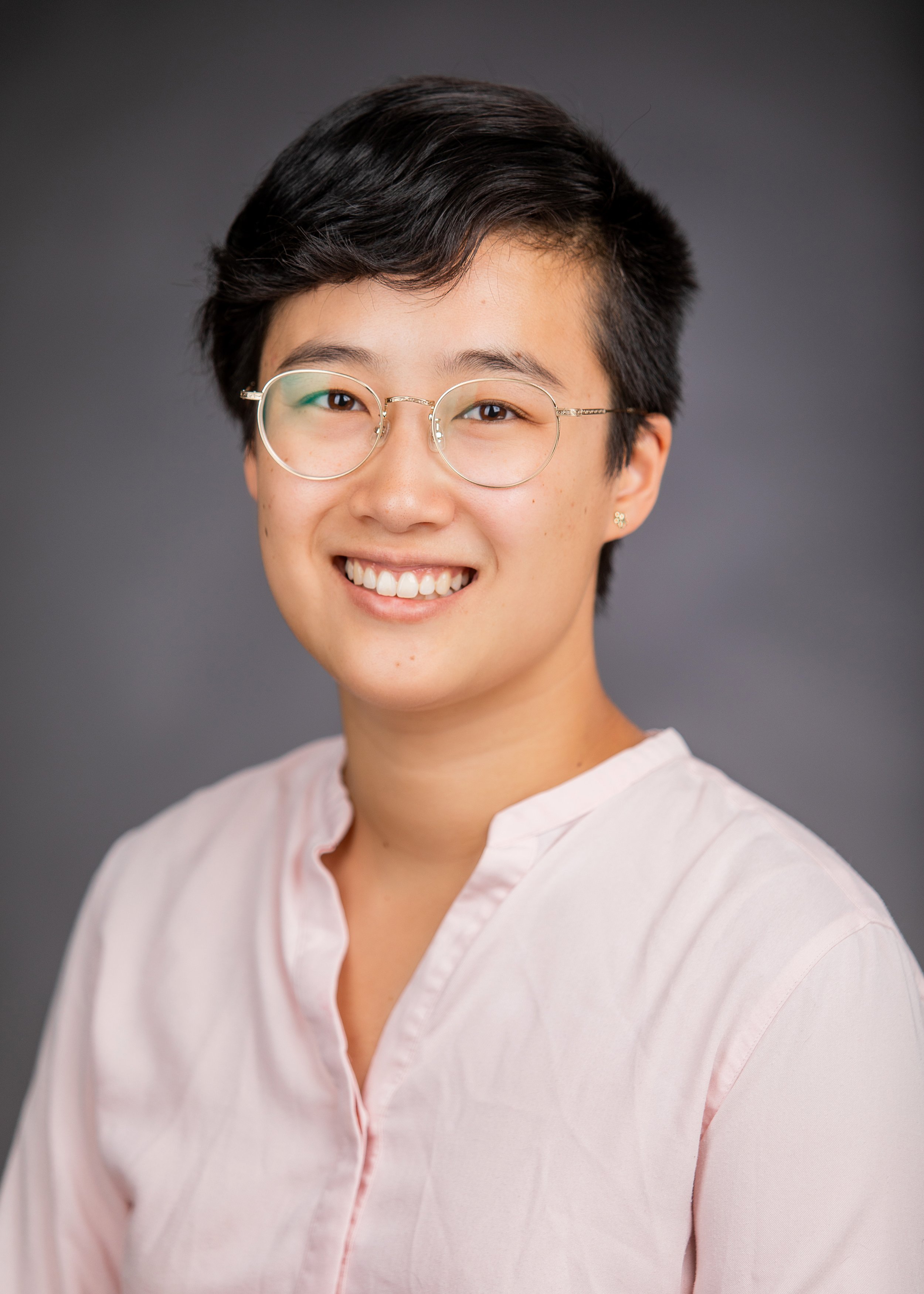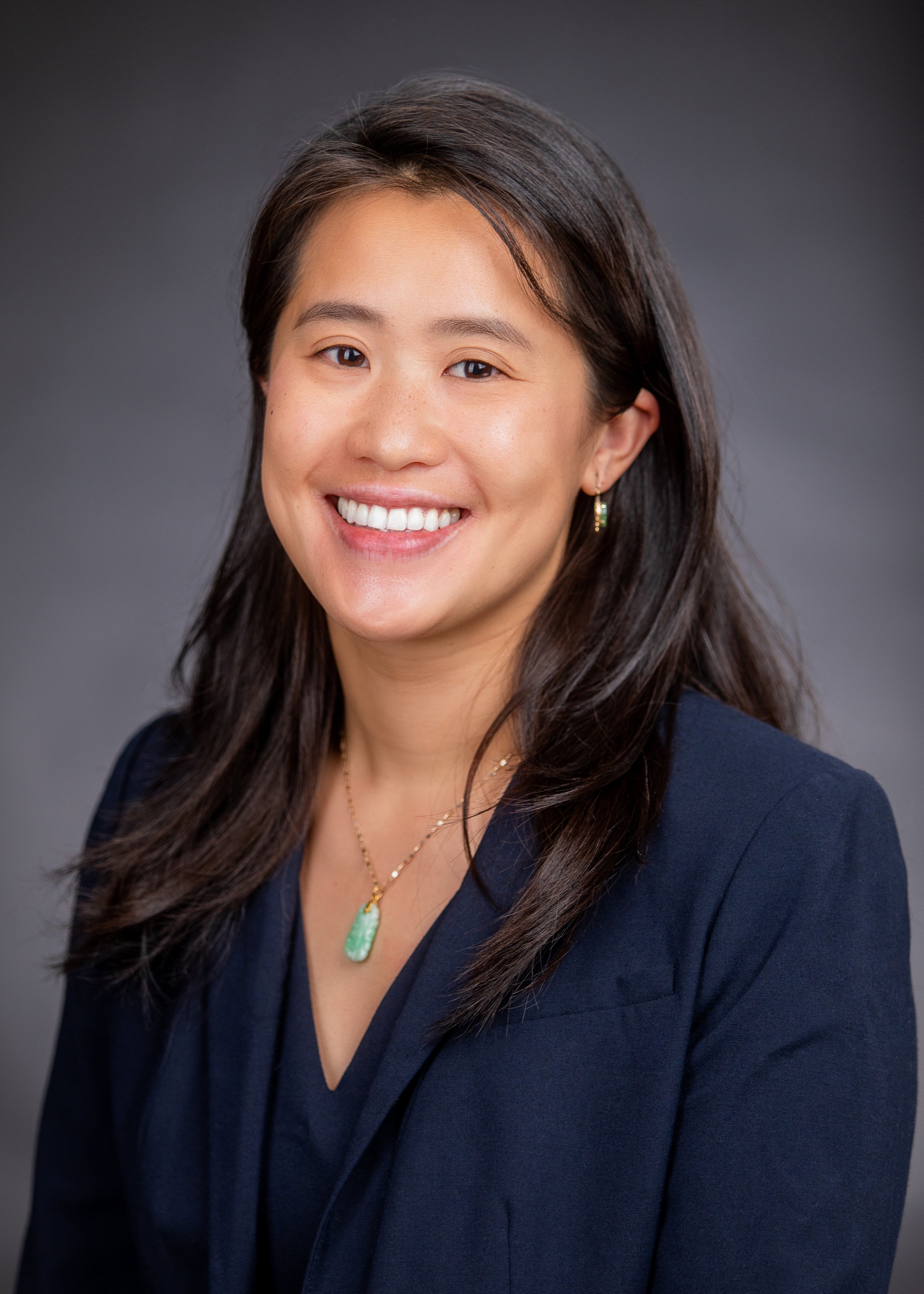Navigation: Fellows | Alumni | Faculty & Staff
Class of 2025
Fatima Ali, MD
Cherry Hill
Anne Bowers, MD
Sea Mar
Taylor Caldwell, MD
Rural Training Track
Growing up in rural western Wisconsin, Taylor (she/her) spent the majority of her formative years eating cheese curds, listening to angsty indie music, biking country roads, wondering why the world turned out this way, nurturing her love of science, and escaping into the forest.
After relocating to La Crosse, Wisconsin, for undergrad and initially choosing a major in biochemistry, Taylor promptly traded her love of molecules for her new found love of grand-scale social analysis and earned her bachelors of science in Sociology. It was during this time Taylor found herself deeply immersed in volunteer work with unhoused populations in southwestern Wisconsin through the La Crosse Area Warming Center. After taking classes on social theory, crime and deviance, sexism, racism, and health inequity and writing papers on the downfalls of capitalism, Taylor’s work directly with marginalized populations solidified her career goal of working to improve the health of vulnerable communities, especially in rural areas.
Continuing into medical school at the University of Wisconsin School of Medicine and Public Health, Taylor continued to dedicate her training to underserved communities while participating in the Wisconsin Academy for Rural Medicine (WARM). Her passion for reproductive justice work led to co-leading a chapter of Medical Students for Choice and, in her last year, completing a public health project to expand middle school sexual education curricula in rural Clark County, Wisconsin. Taylor is incredibly honored and thrilled to be joining such an inspiring group at the Cherry Hill Residency and the Port Angeles Rural Training Track and looks forward to the growth, memories, and community the next several years will bring.
When she isn’t dreaming about intergenerational affordable housing, sustainable agriculture, or universal healthcare, Taylor can be found cuddling her cat, eating ramen, backpacking, swimming in rivers, thrifting, re-reading the Game of Thrones series, thinking about human history, or watching horror movies.
River Cornelius, MD
Seattle Indian Health Board
Sheku swakweku! River (they/them) is a member of the Oneida Indian Nation, Turtle Clan. They identify as Two Spirit and use they/them pronouns. River has been drawing for as long as they can remember. For a while, they actually thought they wanted to be a comic book artist. However, as life went on, River realized that they wanted to go into medicine. They wanted to be able to return the love their community has shown them and to work towards extending that into future generations, supporting Indigenous peoples as well as Queer and Two Spirit youth.
In their spare time, River continues to pursue art, through beadwork, painting, illustrating, and making comics that bring them joy and self-discovery and that they hope can bring joy to other people as well! River loves to go boxing, spending time in the water, and has an ever growing list of hikes and trails to explore. River lives with their wonderful, beautiful, and supportive partner and their cats.
Chelsea Denney, MD
Rural Training Track
TyLia Johnson, MD
Carolyn Downs
Marcus Junus, MD
Cherry Hill
Marcus (he/him) was born in Indonesia. At the age of 13, he followed the footsteps of his older siblings and moved to sunny Southern California. For the first time, he lived far away from his parents, who stayed in Indonesia. Growing up without parents nearby, Marcus found support in his siblings, close friends, and teachers. He coped from the drastic changes in his life by eating a lot of bagel bites and hot pockets while binge-watching Friends on DVD (pre-Netflix era). Marcus quickly learned to navigate teenage and young-adulthood through the people around him, books, TED Talks, Google, and TV shows.
Marcus attended University of California, Riverside and obtained a B.S. in Biology. After college, Marcus gained some life experience through various jobs before attending medical school. Notably, he worked as a barista, a math/science instructor, and a behavioral therapist for children on the autism spectrum. He also volunteered as a GED-prep instructor for adult learners at a local organization serving those who never got the chance to graduate high school due to housing insecurity, incarceration, and other life circumstances.
Marcus moved to the East Coast to attend medical school at Drexel University in Philadelphia, where he continued his passion for service and community building through volunteering at free clinics and working with community organizations on harm reduction efforts for folks who are unhoused and experiencing substance dependence. He found that family medicine is truly the specialty that would nurture his love and curiosity for people, communities, diversity, and medicine.
Marcus feels lucky to be a part of the residency. Very quickly after being welcomed into the family, Marcus felt a strong sense of camaraderie, community, and support. He is incredibly excited to build his village in Seattle. Outside of the clinic or hospital, you can find him eating his way through the city’s amazing food scene with his wife, trying to blend in with the locals by pretending to love hiking, or on his couch drinking way too much coffee.
Melanie Langa, MD
Rural Training Track
Melanie (she/her) grew up on Anishinaabe land in Ann Arbor, Michigan, loving the fall foliage, four seasons, and that Football Saturdays were the only time there was traffic (GO BLUE!). She attended Stanford University, graduating with a B.A. in History. During college, Melanie was able to explore some of the many wild places in California and fell in love with the opportunities to listen, learn, and unplug in the backcountry. Summers working on Yellowstone National Park's archaeology team solidified her love of the mountains, enhanced her interest in the indigenous history of the United States, and encouraged her thinking about the ways that people's environments influence their health.
After graduating, Melanie completed a post-baccalaureate program back home at the University of Michigan prior to applying to medical school. She also worked as a wilderness guide for a company that aims to make the outdoors more accessible to people of all ages and abilities by using adaptive equipment and inclusive teaching strategies. Such practice working as part of diverse teams to solve problems creatively was some of the best preparation for a career in medicine.
Melanie attended medical school at the University of Washington in Seattle. There, she was lucky to be able to take advantage of the regional clinical training opportunities to return to the Northern Rockies and Greater Yellowstone Ecosystem. She did a longitudinal integrated clerkship program in rural Montana, which exposed her to the joys of building relationships with patients over time. She also completed the Indian Health and Underserved Health Pathways and spearheaded advocacy projects aimed at improving medical student education around gun violence prevention and access to health insurance coverage for medical students traveling while on rotations. In 2022, Melanie was selected to be part of the Husky 100, an award that recognizes 100 UW students who are making the most of their time at UW. Melanie feels passionately about the importance of changing health systems and health policy to address disparities at the population level and about partnering with individuals to achieve their health goals.
Outside of medicine, Melanie loves old maps, crossword puzzles, Dairy Queen, trying new bakeries, writing postcards, and being outside.
Melanie is thrilled and humbled by the chance to continue learning on and from Coast Salish land as part of the Cherry Hill and Rural Training Track families.
Anna May, MD
Seattle Indian Health Board
Anna May (she/her) is Laguna Pueblo/Diné and was born and raised near the Salish Sea in Maple Valley, Washington. Anna majored in biology at Gonzaga University (Go Zags!). After graduating from Gonzaga, Anna moved back across the mountains to volunteer as an AmeriCorps member at Neighborcare Health in Seattle. She worked to improve access to healthcare by engaging, educating, and empowering people.
After completing her AmeriCorps service, Anna attended the University of Washington School of Medicine (UWSOM). She continued to focus on advocacy and community as a leader in both the Family Medicine Interest Group and the Medicine Wheel Society, an organization dedicated to promoting Indigenous health equity. Anna is a member of the Gold Humanism Society, a WWAMI Pro Student honoree, and a graduate of the Underserved and Indian Health Pathways at UWSOM.
Anna shadowed at the Seattle Indian Health Board as an undergraduate student and completed a Primary Care Practicum there during medical school, so she is excited to return to clinic and care for her relatives in a good way. Anna loves working with plant medicines in her garden and in the wild and hopes to include traditional medicine into her medical practice. Outside of medicine, she enjoys trying new restaurants, cheering on the Zags, and spending time outside.
Jillian Millares, MD, MS
Carolyn Downs
Jillian (she/her) is first-generation Filipina-Mexicana-American originally from the Central Valley of California, where her upbringing consisted of being best friends with her parents (only child things), eating rice, and checking out the entirety of her local library. After 21 years in her hometown and graduating from Fresno State University, Jillian found herself overwhelmed with desire for new adventures coupled with intense career indecision. This led her to move across the country to Philadelphia, Pennsylvania, for a term in the National Health Corps. There, she had the privilege of working with the incredible South Philly community at a city run health center, enrolling patients in public health insurance/benefit programs, providing health education, and teaching ESL. It was in this role that Jillian began to understand the intricacies of the U.S. healthcare system and how communities of color and other marginalized groups were affected by countless systemic barriers.
Seeking to learn more, Jillian traversed back across the country to the University of San Francisco to obtain a graduate degree in Behavioral Health. While working in the Tenderloin neighborhood with unhoused communities and folks struggling with substance use disorder, she continued to see racism and other forms of systemic oppression through the gentrification and capitalistic transformation of San Francisco. After finding some incredible mentors in primary care, Jillian was convinced (after much persuasion) to join the ranks and attend the University of Minnesota Medical School in Minneapolis, Minnesota. Despite having an aversion to standardized exams and conventional learning styles, Jillian found joy in her medical school community and was able to pursue long-term passion projects in physician/interpreter relationships and addiction medicine.
Jillian is thrilled to be joining the Swedish Cherry Hill family and to be working at THE Carolyn Downs clinic. She is inspired by the power that this community has garnered in its fight for justice and feels incredibly humbled to be a part of it. Most of all, Jillian is excited to learn much more from her mentors, peers, and patients about anti-racism in medicine and community-based care. Her interests in family medicine include obstetrics, addiction medicine/harm reduction, and comprehensive reproductive health. When she isn’t pacing through the bowels of the hospital, Jillian can be found consuming copious amounts of pastries and perusing the bookshelves of the local bookstores.
Diane Qi, MD
Cherry Hill
Diane Qi (she/her) grew up splitting her time between the Bay Area in California and different cities in China. In the Bay Area, she was raised in a multilingual/multicultural immigrant community. While moving frequently between countries was difficult at times, Diane feels grateful for the openness she learned in being able to hold the possibility of lived experiences and worldviews that can be vastly different than her own.
For college, Diane ventured out to Dartmouth College in New Hampshire for her first taste of winter (and seasons!). At Dartmouth, Diane helped facilitate a program called Telling My Story, where she worked with people in drug rehabilitation programs to share their personal journeys through artistic performances on themes such as substance use, the prison industrial complex, parenthood, and more. In this program, Diane became passionate about the healing power of becoming empowered in one’s own story and how these stories can become beacons of resilience and healing for others. Since then, Diane has facilitated other groups and community performances centered on the healing power of stories, working with mothers who have used substances, people with experiences of severe mental illness, and the Asian American Pacific Islander community. After college, Diane spent two years working as a care coordinator and health educator at Boston Healthcare for the Homeless Program. Here, she deepened her interest in caring for unhoused communities, as well her interest in working with people who use substances, and people who have experienced and continue to experience interpersonal and structural trauma.
For medical school, Diane had the amazing opportunity to move back home to the Bay Area and participate in the PRIME-US program in urban underserved medicine with UCSF School of Medicine. Here she participated in various advocacy and community organizing efforts both within the school and alongside community advocacy groups, with a focus on city policies that impacted the wellbeing of the unhoused community in San Francisco. Per community request, Diane and others also conducted a study on the negative health impact of street sweeps on the unhoused community from the perspective of medical providers which was published shortly before residency.
Going into residency, Diane is interested in a career integrating community health work and multidisciplinary advocacy work in partnership with communities. Diane is very excited to be a part of a program that centers intentional care of structurally marginalized communities and teaches medicine through a social justice and anti-oppression lens. She is excited for the opportunity to train in addiction medicine, integrative medicine, OB, and reproductive health and to explore whatever other interests arise on this new journey! Diane is also looking forward to exploring Seattle and the PNW, especially the beautiful natural landscape, food, and new friends/community!
Laécio Rocha, MD, MHA
Sea Mar
Laécio (he/him) was born and raised in a small village in the heart of the Brazilian Amazon rainforest. He lived in a home without electricity, running water, or sanitation services. As a young child, he would ride a horse with his sister to the nearest rural school, which was over seven miles from their home. Laécio moved to the United States in 2006, where he learned English, became a citizen, and endeavored to pursue his dream of becoming a family medicine physician. He completed his undergraduate studies at Central Washington University, WA, where he studied Public Health, specialized in Community Health Education, and directed the campus Public Health & Pre-nursing club.
While still in undergrad and looking into furthering his commitment to succeed in the healthcare field, Laécio spent a month assisting underserved communities with local doctors and nurses in Ecuador. He performed preventative examinations in isolated indigenous communities and educated villagers on relevant health issues. Back in Washington State, he helped to develop a childhood obesity and diabetes prevention program for high-risk populations in Yakima County; these experiences matured and refined his collaborative abilities. He attended medical school at University of Medicine and Health Sciences, St. Kitts, where he was elected and held office as treasurer and secretary of the Student Government Association.
Laécio’s professional areas of interest include community health education, global health, geriatrics, obstetrics, and medical education. Laécio is very excited to be joining the Swedish Cherry Hill and Sea Mar communities for his family medicine training. He believes that his ability to fluently communicate in English, Portuguese, and Spanish will be particularly beneficial in connecting with patients from such backgrounds throughout his medical career. During his free time, Laécio enjoys connecting with his community and getting outdoors for biking, hiking, and camping. Some of his favorite hikes in Washington State include Mount Saint Helens, Mailbox Peak, Green Lake, Tiger Mountain, and Lake Serene.
Nikeeta Shah, DO, MPH
Cherry Hill
Leena Yin, MD
International Community Health Services
Leena (she/her) was raised in the Asian immigrant enclave of Fremont, California. She completed her B.S. in Biology at Stanford University, where her campus theatre troupe introduced her to historical and present systemic injustices in the U.S. After volunteering at immigrant-centered community clinics in San Jose and Oakland, she decided family medicine was her path to direct service and structural change, and worked after college as a high school sexual health counselor by day and a reproductive justice organizer with Planned Parenthood by night. Leena then attended medical school at the University of California, San Francisco, where she conducted research on language access, founded an immigrant health justice organization, and led the National Asian Pacific American Student Association as Advocacy Vice President.
Leena is now thrilled to be serving marginalized communities in Seattle, particularly the International District, and to learn how to be a better healer and organizer from her patients, faculty, and colleagues. Outside of medicine, she enjoys curling up in bed with her cat and a good book and making her way through all the espresso and boba places in Seattle.
Veronica Yu, MD
International Community Health Services
V (she/her) joins us from the east coast, where she grew up trekking around New England for swim meets and celebrating holidays with extended family in New York City. She is a proud child of immigrants from Burma and Hong Kong and a middle sister of three. V studied Sociology and Biological Sciences at Wellesley College, which first seeded her interest in working at the intersection of illness and structural inequities. After college, she spent two years in Seattle working as a Patient Navigator at ICHS, which affirmed her desire to fight for the wellness of immigrant communities through medicine and advocacy.
V made her way back east for medical school at the University of Rochester, where she was lucky to collaborate with creative, passionate classmates on movements to support BIPOC medical trainees, to educate university members on the particular barriers to healthcare faced by migrant farmworkers, and to write policy banning the shackling of incarcerated, pregnant patients in the hospital. She also spent a lot of time swimming in Western New York’s many lakes, hosting potlucks, and tending to her vegetable garden.
V is ecstatic to return to Seattle to work and learn with a group of radically caring, committed, and fierce co-residents. She feels grateful for the opportunity to continue caring for and learning from the diverse patient population at ICHS. Her interests in family medicine include hospital medicine, reproductive justice, and palliative care. Outside of medicine, you can find V reclaiming joy via dance parties, lake swims, and constant snacking.
